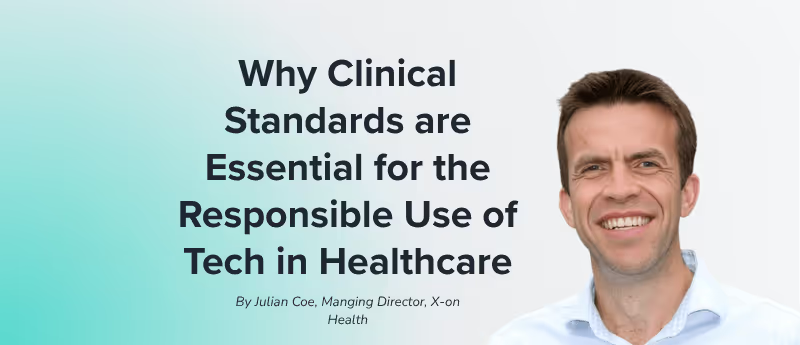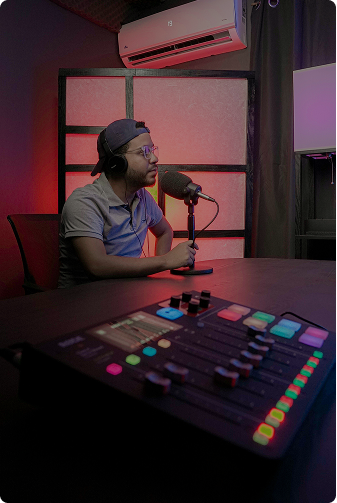Top 3 recent grants in medical AI
Top 3 recent grants in medical AI

This month, we dive into some of the top grants in medical AI, including projects on developing an AI-automated mobile microscope for diagnosing tuberculosis, cancer and malaria, harnessing AI to diagnose and potentially treat mental health conditions, and identifying abnormalities during pregnancy with an AI-driven ultrasound device for mothers in rural underserved communities.
Improving maternal health in underserved communities using AI-driven ultrasound
Philips has actually received its second round of funding from the Bill & Melinda Gates Foundation (WA, USA) to drive the global adoption of AI algorithms on its Lumify Handheld Ultrasound. This cutting-edge device leverages AI to simplify key measurements for identifying abnormalities during pregnancy, dramatically reducing midwife training time from weeks to mere hours. Midwives can instead rely on AI for automated image acquisition or interpretation, eliminating the need for extensive training, and expanding the accessibility of this technology to frontline health workers . Globally each day, almost 800 women die due to preventable complications associated with pregnancy and childbirth. Shockingly, almost 95% of these maternal deaths took place in low- and lower-middle-income countries in 2020 . The significance of this ultrasound technology is particularly vital in such areas where most maternal deaths occur. Already proving its impact during the initial grant phase in Kenya, the Lumify ultrasound played a pivotal role in guiding informed decision-making for pregnant women in rural underserved communities. With this additional funding, the Lumify Handheld Ultrasound is poised to make an even more significant global impact, reaching and benefiting more underserved communities. It is not just about technology; it is about saving lives and transforming maternal healthcare worldwide. Funding amount: US $60 million total across both funding rounds Funded project/device: Philips Lumify Handheld Ultrasound Funder: Bill & Melinda Gates Foundation Research organization: Philips
UK government reveals £100 million fund to accelerate deployment of AI in life sciences
A more general grant, but no less significant, the UK government has just launched the ‘AI Life Sciences Accelerator Mission’, involving a £100 million fund to accelerate the integration of AI in life sciences and confront the most significant health challenges of our generation. This strategic move targets areas where AI can rapidly advance treatments for once-incurable diseases. Aligned with the government’s Life Sciences Vision, the AI Life Sciences Accelerator Mission leverages the UK’s strengths in secure health data and advanced AI to tackle eight critical healthcare challenges, ranging from cancer treatment to dementia. The Mission will focus on a collaboration between government, industry, the NHS, academia and medical research charities . The £100 million investment will specifically drive progress in exploring how AI can tailor treatments to address these high-mortality conditions. For instance, it could advance precision treatments for dementia, utilizing the UK's health data to identify at-risk individuals, optimize trial participation, and assess therapy efficacy. The fund will also support mental health research by harnessing AI to diagnose and potentially treat mental health conditions. Leading companies are already employing conversational AI to assist those with mental health challenges, reducing strain on NHS waiting lists. The investment will target areas such as this with the greatest clinical needs, aiming to reshape healthcare with AI and ensure the best and most promising treatments are selected to go forwards . Funding amount: £100 million Funder: UK government Research organization: Industry, academia and clinicians
Diagnosing malaria, cancer and tuberculosis with an AI-automated mobile microscope
Delving into the intersection of cutting-edge technology and healthcare, the Ocular project has set its sights on revolutionizing disease diagnosis. The project’s vision is a cutting-edge AI-powered mobile microscope that can actively diagnose malaria, cancer, and tuberculosis . Thanks to Google's commitment to advancing the UN Sustainable Development Goals, the Ocular project (managed by Makerere University AI Lab) is making this vision a reality, with the goal of enhancing disease diagnosis in Uganda using AI, creating a standardized point-of-care mobile microscopy tool with an impressive specificity of up to 99%. Currently focused on malaria, tuberculosis, and cervical cancer in Uganda, this initiative is not just about innovation—it's about revolutionizing healthcare. By leveraging AI, the Ocular project strives to make accurate and timely diagnoses accessible to a wider population, aligning with global sustainable development objectives . Funding amount: US $1.5 million Funded project/device: Ocular project Funder: Google Research organization: Makerere University AI Lab Be sure to get in touch if you have any queries about Future Medicine AI or are interested in publishing in the journal, please contact Commissioning Editor, Emma Hall (e.hall@future-science-group.com). Disclaimers:The opinions expressed in this feature are those of the author and do not necessarily reflect the views of Future Medicine AI Hub or Future Science Group.
.png)
.png)
.png)



